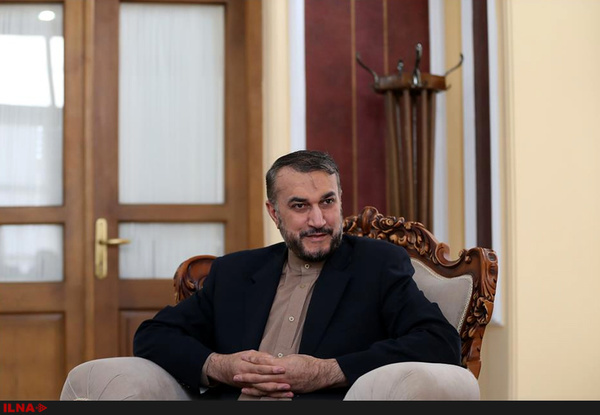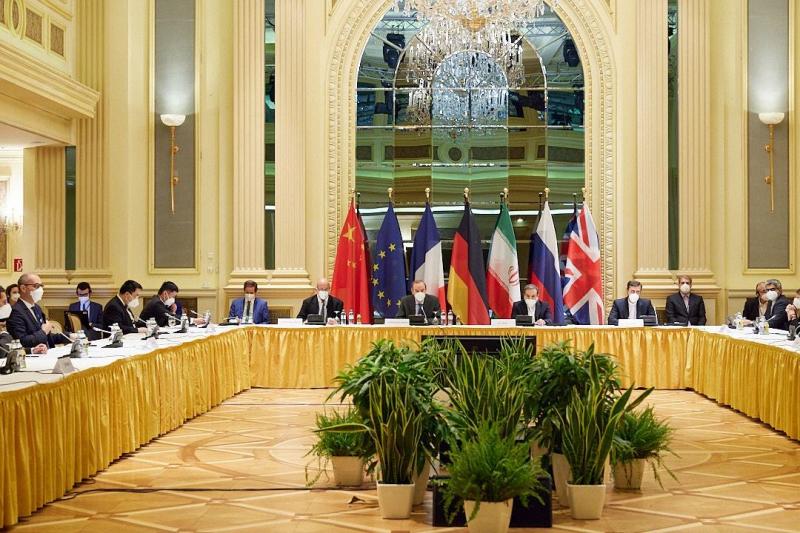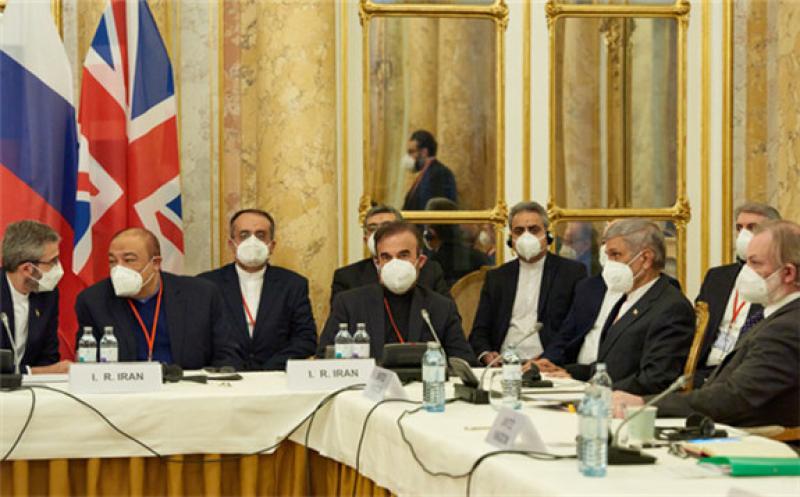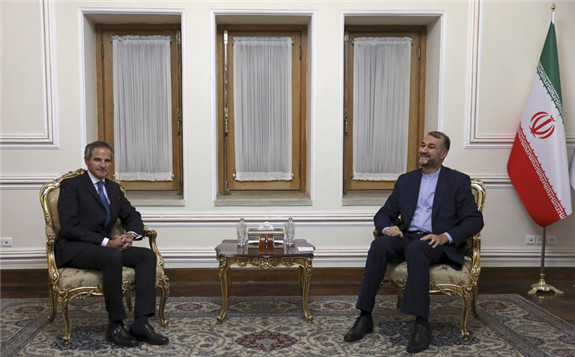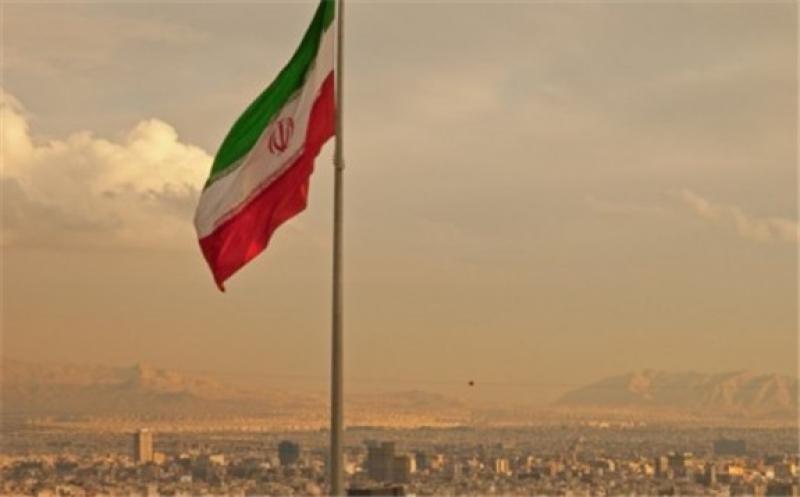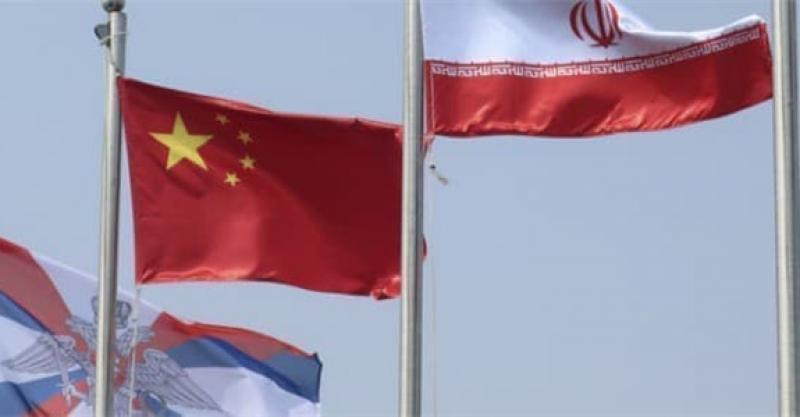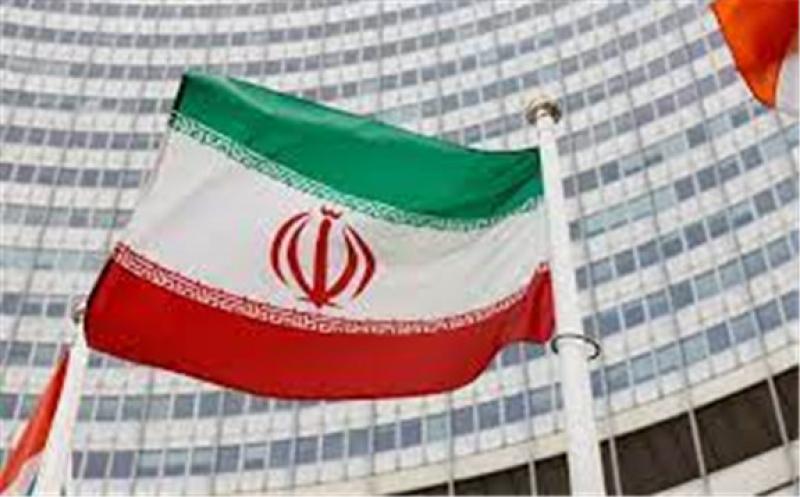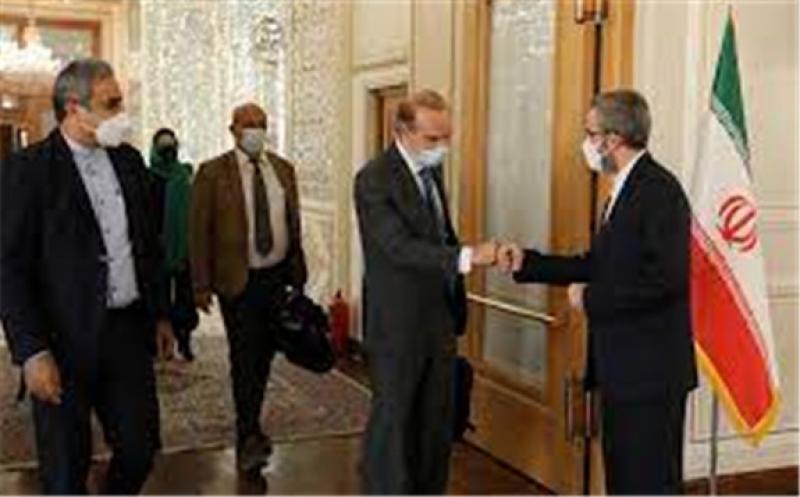The International Atomic Energy Agency (IAEA) and Iran have agreed “to further reinforce their cooperation and enhance mutual trust to facilitate the full implementation of Iran’s Comprehensive Safeguards Agreement (CSA) and the Additional Protocol (AP) thereto, which is provisionally applied by Iran since 16 January 2016,” according to a joint statement issued on 26 August.
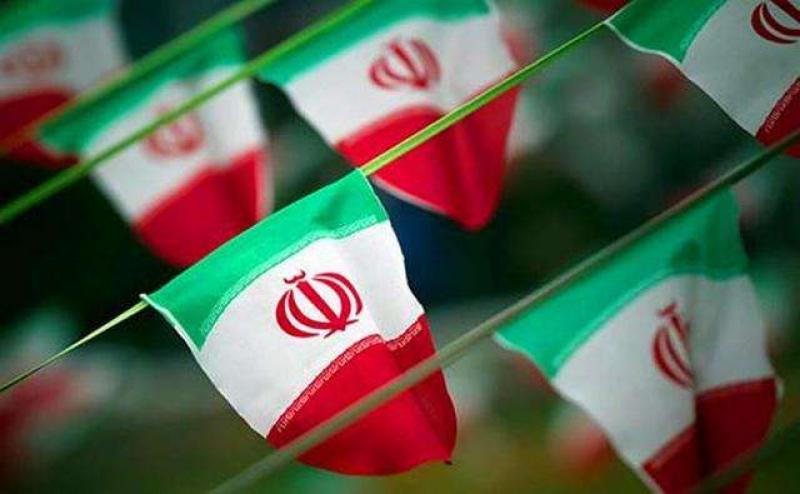
The statement was signed by IAEA director general Rafael Mariano and the head of the Atomic Energy Organisation of Iran (AEOI) Ali Akbar Salehi.
This followed talks in Tehran between Grossi and Iranian officials including Foreign Minister Mohammad Javad Zarif in the wake of a US attempt to reimpose UN sanctions on Iran. Under the July 2015 Joint Comprehensive Plan of Action (JCPOA) between the P5+1 group of countries (the USA, UK, France, Russia, and China plus Germany) and Iran, reached after 12 years of negotiations, Iran had agreed to limit its nuclear development programme in return for the lifting of sanctions. The JCPOA is enshrined in UN Security Council Resolution 2231.
However, in May 2018, US President Donald Trump pulled Washington out of the JCPOA and reimposed stringent sanctions on Iran. In response to the US withdrawal, Iran began to reduce its commitments under the JCPOA and last January took the final step in this process, removing the last operational restriction on the development of its nuclear programme. Iran said its nuclear programme would be developed solely based on its technical needs but that cooperation with the AEA would continue. “If the sanctions are lifted and Iran benefits from its interests enshrined in the JCPOA, the Islamic Republic is ready to return to its commitments," the statement said.
The IAEA had consistently found Iran in compliance with the agreement until Iran began to reduce its commitments. In addition the IAEAS had requested inspection of two key Iranian nuclear installations at Marivan and Amad, which Iran had refused.
AEOI spokesman Behrouz Kamalvandi said Iran was not initially opposed to inspection of the nuclear sites, but maintained that the IAEA’s questions must be based upon serious evidence and documents. “The questions based on the claims revolving around espionage and similar cases have not been and would not be acceptable by any means,” he said, adding that the IAEA will be given conditional access to the sites provided that this puts an end to the questions and doubts.
On 20 August, US Secretary of State Mike Pompeo filed an official complaint with UN Security Council (UNSC) President Dian Triansyah Djani, accusing Iran of violating the 2015 nuclear deal and asked the UN to activate a 30-day countdown, known as a snapback provision, to a return of all UN sanctions that had been imposed on Tehran before the nuclear agreement.
However, 13 countries of the 15-member UNSC expressed their opposition to the US action. Russia and China voted against the anti-Iran resolution and the remaining 11 council members, including France, Germany and the UK, abstained.
The joint IAEA-AEOI statement said that after intensive bilateral consultations, Iran and the IAEA had agreed “on the resolution of the safeguards implementation issues specified by the IAEA, in good faith”. It added: “In this regard, Iran is voluntarily providing the IAEA with access to the two locations specified by the IAEA and facilitating the IAEA verification activities to resolve these issues.”
It said the IAEA and Iran “recognise that these safeguards implementation issues are exclusively related to nuclear material and activities subject to safeguards under the CSA and the AP”. In this context, based on analysis of available information to the IAEA, “the IAEA does not have further questions to Iran and further requests for access to locations other than those declared by Iran under its CSA and AP”.
The statement said: “Both sides recognise the independence, impartiality and professionalism of the IAEA continue to be essential in the fulfilment of its verification activities. The IAEA will continue to take into consideration Iran’s security concerns, by protecting all safeguards confidential information in accordance with the IAEA’s Statute, the relevant provisions of the CSA and the AP, and the established IAEA confidentiality regime, standards and procedures.”
On his return to Vienna on 26 August, Grossi told journalists that that statement was the result of “very serious discussions” and the outcome was “very important” for non proliferation and for peace and security. He said he went to Tehran with two aims – to establish communication and to gain access to the two sites. The fact that inspectors will now have access to those sites is “extremely important” and he expected the inspections to take place “very, very soon”.
